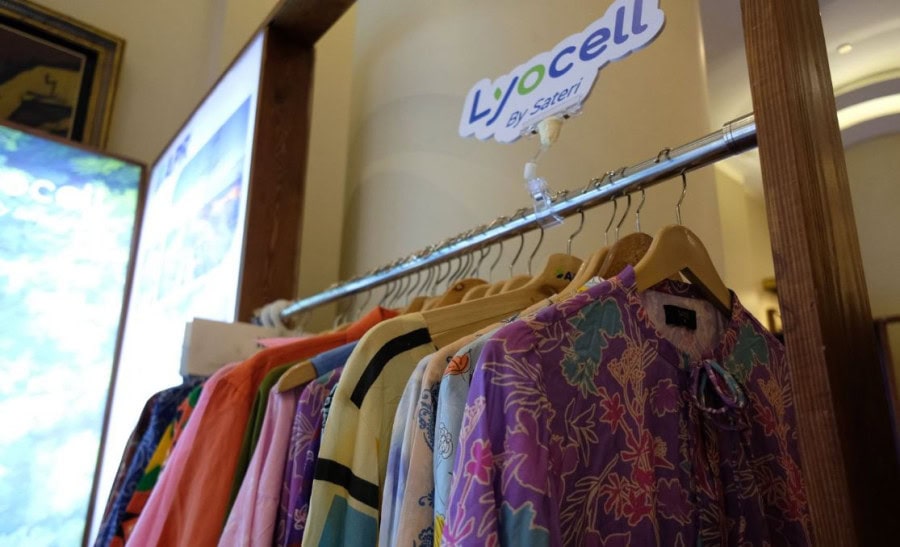KARACHI – Sateri, a leading global producer of man-made cellulosic fibre (MMCF), is set to enhance its presence in Pakistan’s burgeoning Lyocell market.
Sateri’s focus on Lyocell aligns with the increasing demand for sustainable textiles. The global Lyocell capacity is projected to grow to 3,200,000 tons by 2030, up from the current 900,000 tons. “We are witnessing a significant rise in demand for sustainably produced global man-made cellulosic fibres, particularly Lyocell,” said Louis Tsai Tsung Ying, Downstream Business Development Manager, Sateri.
“Our commitment to sustainable practices and innovation positions us to meet this demand as we expand our footprint in Pakistan.” He added that Sateri held a customer event with textile manufacturers in Karachi to strengthen its relationships in Pakistan, having entered the market just five years ago.
At the event, held in Karachi, Sateri leaders highlighted the unique sustainability attributes of Lyocell and shared updates on the company’s plans to grow its market share in Pakistan. Sateri already has 30% of the 50,000 ton Lyocell market in Pakistan.
Lyocell, a natural and biodegradable fibre made from sustainably sourced wood pulp, offers exceptional quality for textiles and personal hygiene materials. Sateri has a total production capacity of over 2.1 million tonnes. The company operates three Lyocell fibre factories with a total production capacity of 250,000 tonnes annually.
Sateri’s cellulosic fibre factories are certified by the international forest certification system PEFC-CoC (Chain of Custody), and meet the requirements of the European Union Best Available Technology (EU-BAT) guidelines.
Sateri also participated in the 7th International Annual Conference on Textiles and Clothing, held recently in 2024, in Lahore. “Through key industry events like this, we aim to build strong relationships with local industry stakeholders and explore collaborative opportunities to foster growth in the Lyocell market in Pakistan for the benefit of the sector overall,” added Mr. Tsai.
Hosted by TEXTalk International, the event spotlights sustainable solutions for the textile industry. As a key player in the sector’s sustainability transformation, Sateri showcased its Lyocell products, aiming to inspire collaboration between local and international partners and advance sustainable practices in the region.









